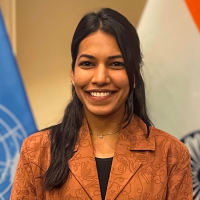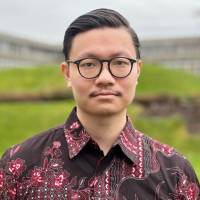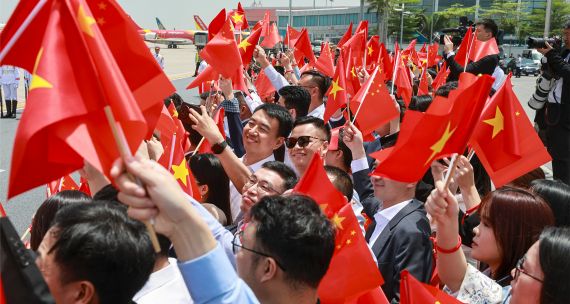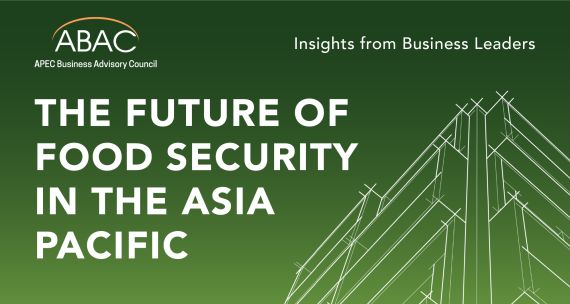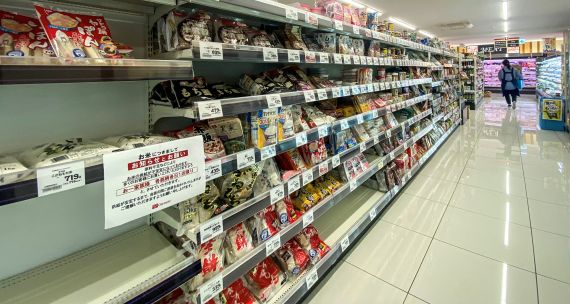The Takeaway
At the December 2023 UN Framework Convention on Climate Change (UNFCCC) 28th Conference of Parties (COP28) in Dubai, food systems featured prominently in discussions for the first time, with more than 130 countries making multiple commitments to integrate this overlooked sector into their climate action plans. Food systems comprise one-third of global anthropogenic emissions, and close to 20 per cent of the global food supply chain is in Asia, making it a critical region for climate-smart agricultural investments.
In Brief
- At COP28, on December 1, 159 parties signed the UAE Declaration on Sustainable Agriculture, Resilient Food Systems, and Climate Action. The signatories are responsible for 77 per cent of global food production.
- While the declaration is not legally binding, it sends a strong signal by moving agriculture up the global climate agenda, a critical component previously lacking.
- At least C$9.5 billion was mobilized during COP28 for food-system-related climate action. The UN’s Food and Agriculture Organization (FAO) also released its three-year roadmap to sustainable agriculture during the conference. The FAO’s first phase is a global roadmap, and the subsequent two phases, to be released at COPs 29 and 30, will focus on regional and country-level plans to transform global agri-food systems.
- The United Arab Emirates’s COP28 presidency, in partnership with the FAO, World Bank, International Fund for Agricultural Development, and the global partnership of international organizations, Consultative Group for International Agricultural Research, also announced the three-year Sharm-El Sheikh Support Programme designed to ‘unlock’ financing and other means of support for farmers and small agri-businesses.
- Aside from state-level initiatives, the multistakeholder-led Action Agenda on Regenerative Landscapes was also launched by the COP28 presidency, the World Business Council for Sustainable Development and the Boston Consulting Group to encourage regenerative practices across the global agricultural supply chain.
- These initiatives and investments represent a long overdue step towards ‘greening’ food systems. Food security is extremely susceptible to the changing climate, and any effort to address the climate crisis must address the destructive impacts of global food systems.
Implications
The focus on agriculture and the multiple announcements made at COP28 are critical for a region as vulnerable to climate change as Asia. Across Asia, climate change is posing a high risk to food security. Despite encompassing two-thirds of the global population, only 450 million smallholder farmers with limited land and resources are responsible for producing 80 per cent of the region’s food, adding more pressure on the food-insecure region. The warming climate, decreasing crop yields, and rising food prices in Asia are expected to push the number of undernourished people on the continent to 330 million by 2030.
Insufficient action and overly ambitious targets could make for potentially dire circumstances. The FAO’s ambitious roadmap of rapidly transforming the global food system has been criticized by some as being predicated on the “availability and affordability” of agri-technology, which is lacking in many smallholder farms. The roadmap has also been criticized for being out of step with the 2022 Global Biodiversity Framework on nature and biodiversity. Despite the multitude of commitments and financing packages, COP28 came under fire for the role that meat and dairy lobbyists played in hindering negotiations. This subset of the agricultural sector is responsible for about 37 per cent of methane emissions, a potent greenhouse gas. And while the outcome of the First Global Stocktake — an inventory of states’ efforts to meet their Paris Agreement obligations — acknowledged the role sustainable agriculture has in addressing climate change, it failed to include specific actions on reducing agriculture-related emissions.
What’s Next:
- Advancing climate-smart agriculture within Asia, beyond the UNFCCC
Grow Asia, a sustainable food systems investment forum, was officially launched in 2015 as a partnership between the World Economic Forum and the Association of Southeast Asian Nations (ASEAN), with funding from the Australian and Canadian governments. The platform seeks to foster greater engagement within the agricultural sector in scaling up the adoption of “more inclusive, resilient and sustainable food systems.” In 2022, Grow Asia launched a C$2.1-million multi-donor impact fund to support women in the Asian agri-food industry. Together with the Canadian government, working through the International Development Research Centre and U.S.-based agri-tech company Corteva Agriscience, the fund has since evolved into the ASEAN Green Recovery through Equity and Empowerment Project and has helped revitalize gender-inclusive investments and support for women-led farming initiatives in Cambodia, the Philippines, and Vietnam.
2. Increasing bidirectional agricultural investments
From 2003 to 2022, Canada invested more than C$7.7 billion in the Asia Pacific agricultural sector. During the same period, Asian economies invested about C$2.5 billion in Canada, with the greatest inward investments coming from Japan, China, and Thailand. As part of its 2030 Emissions Reduction Plan, Canada is allocating C$470 million to the Agricultural Climate Solutions: On-Farm Climate Action Fund. This fund aims to assist farmers in adopting sustainable practices. The private sector is also actively engaged in climate-smart agriculture. Power Sustainable, a Toronto-based equity investor, introduced the C$300-million Lios Fund I in June 2021 to support companies within the food value chain that embrace sustainability trends impacting the sector.
• Produced by APF Canada's Southeast Asia team: Hema Nadarajah (Program Manager), Shruti Jhunjhunwala (Analyst), Sasha Lee (Analyst), and Alberto Iskandar (Analyst). Editor: Ted Fraser. Graphic Design: Chloe Fenemore


